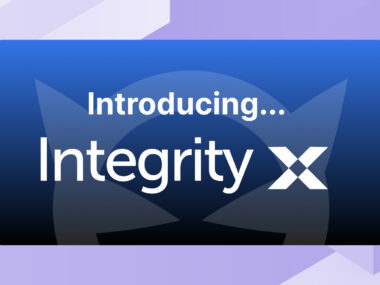Indeni’s response to Spring4Shell
Notice: This blog post was originally published on Indeni before its acquisition by BlueCat.
The content reflects the expertise and perspectives of the Indeni team at the time of writing. While some references may be outdated, the insights remain valuable. For the latest updates and solutions, explore the rest of our blog
On March 29th, 2022, a remote code execution vulnerability in Spring Cloud Foundation was published. The vulnerability is known as Spring4Shell, tracked as CVE-2022-22965. Researchers believe that the vulnerability affects Spring Core on JDK (Java Development Kit) 9 and above. Today, the vulnerability was upgraded to critical.
Our engineering team was immediately engaged and confirmed that Indeni is not vulnerable to this issue. The Indeni product does not use JDK 9, nor springframework. If you have additional questions related to Spring4Shell, please do not hesitate to contact us.




